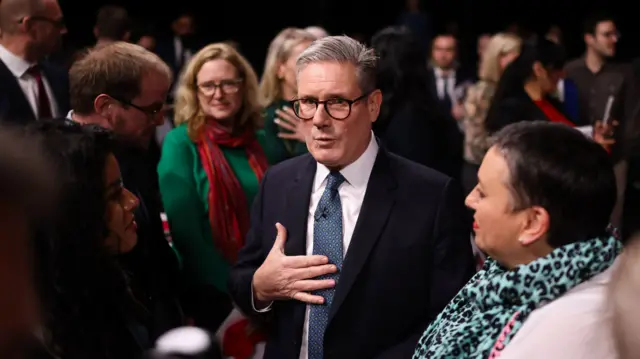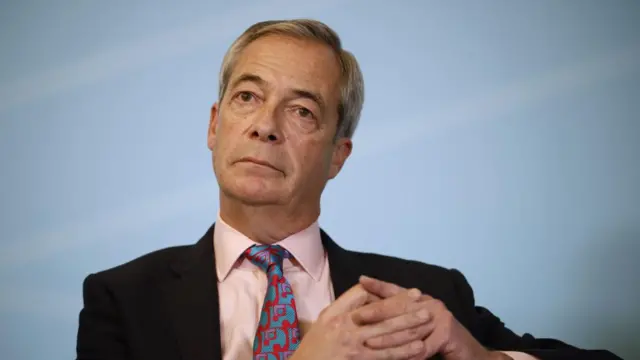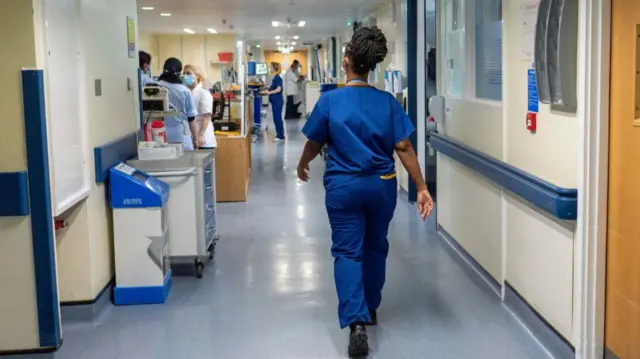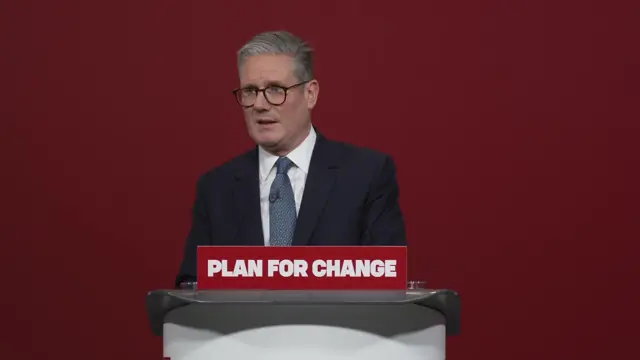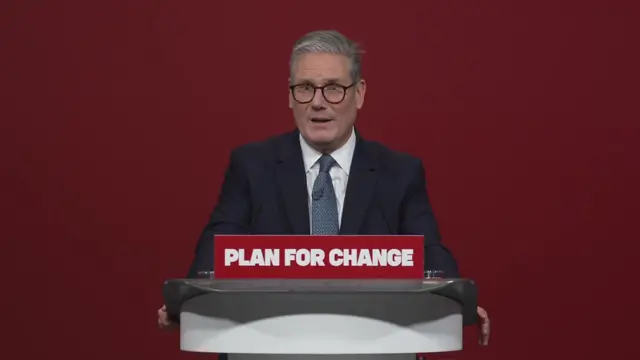A major speech that felt like a manifesto launchpublished at 14:12 GMT 5 December 2024
 Francesca Gillett
Francesca Gillett
Live editor
So, five months on from the election, Sir Keir Starmer has set out what he's calling his "plan for change".
The prime minister reiterated the key pledges that formed Labour's manifesto, but also gave new details about how he plans to get there.
We've summarised the six targets here. Starmer says these are the metrics he wants people to judge him against.
As our political editor Chris Mason wrote, it felt like a manifesto launch.
Starmer also took aim at the civil service in the speech. Chief political correspondent Henry Zeffman says the frustration with Whitehall is beginning to spill into public view.
Our colleagues at BBC Verify have looked at the six targets, and how achievable they might be.
We're closing our live coverage now. Thanks for joining us.



